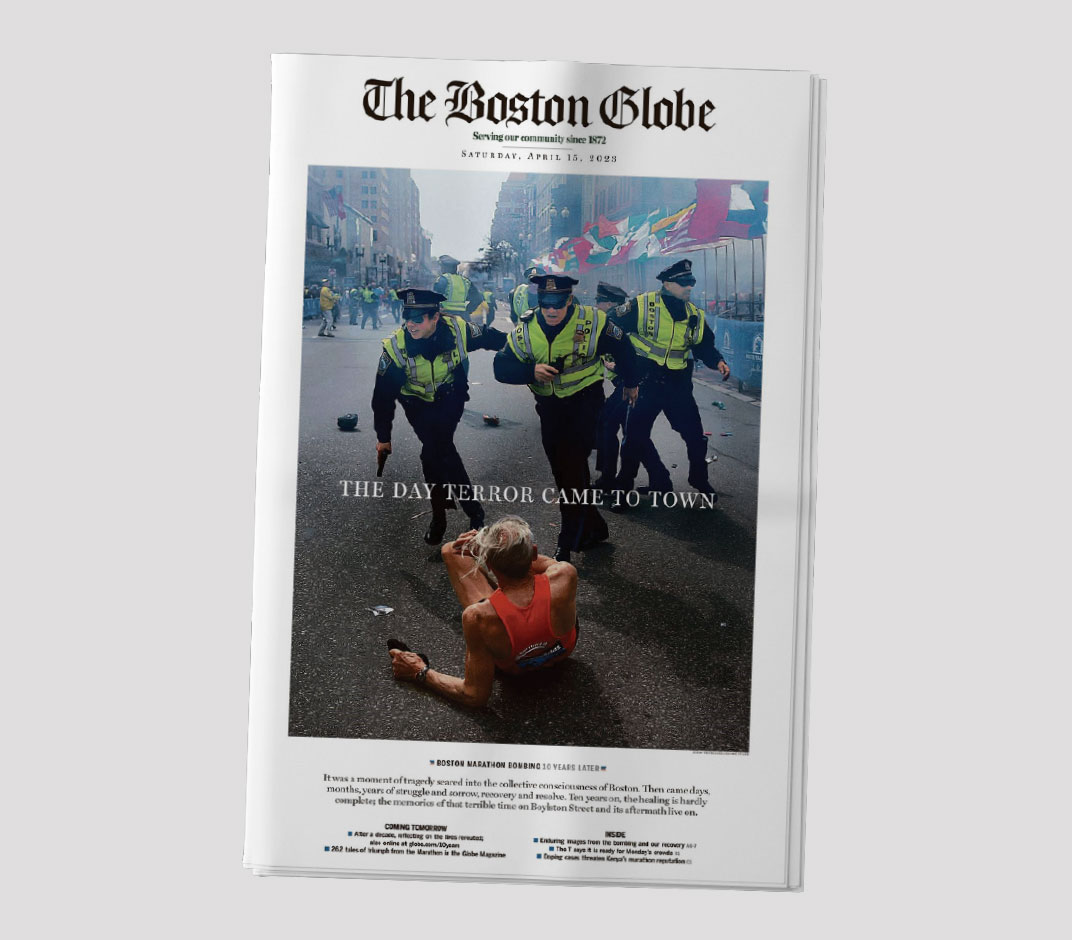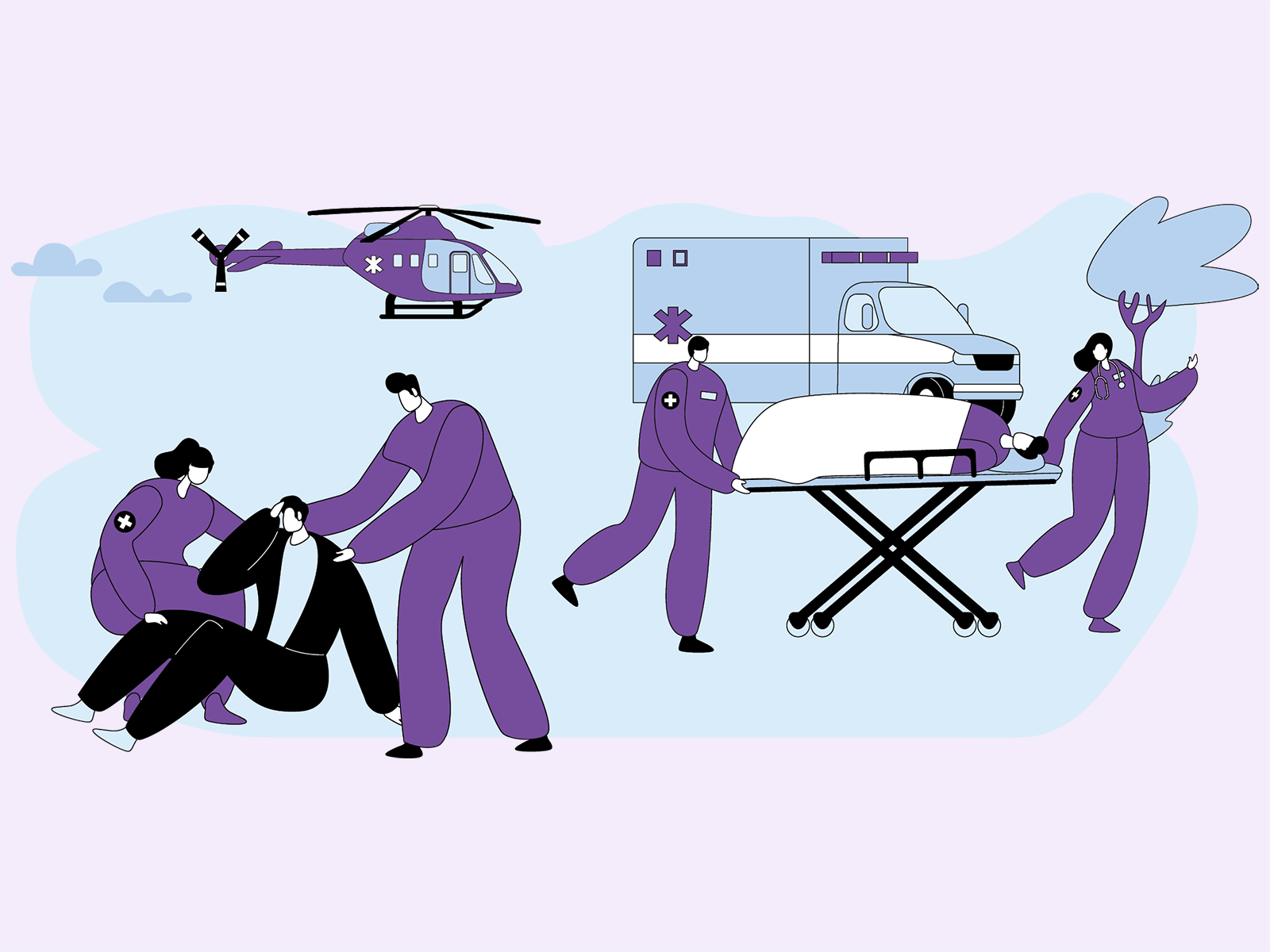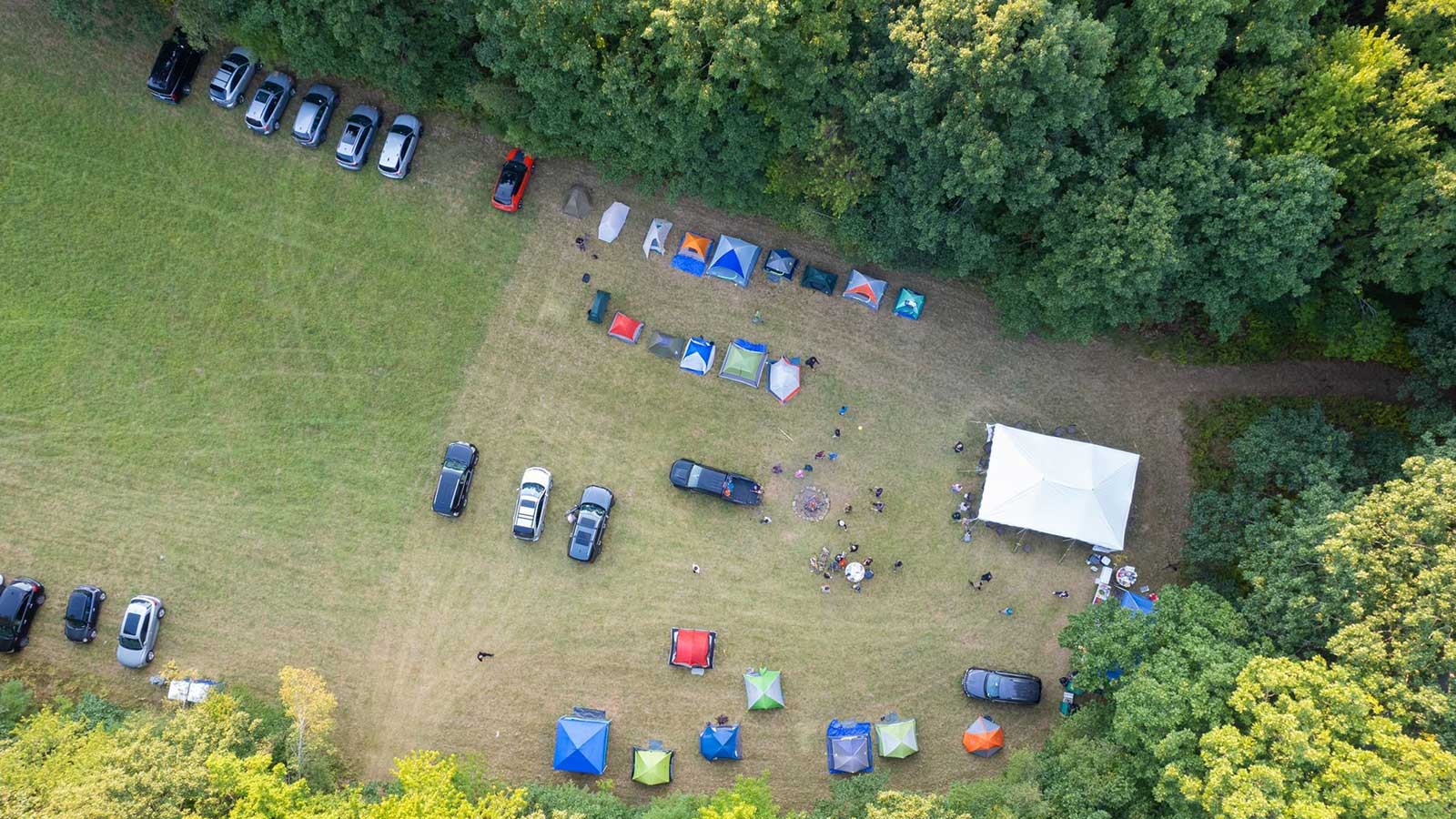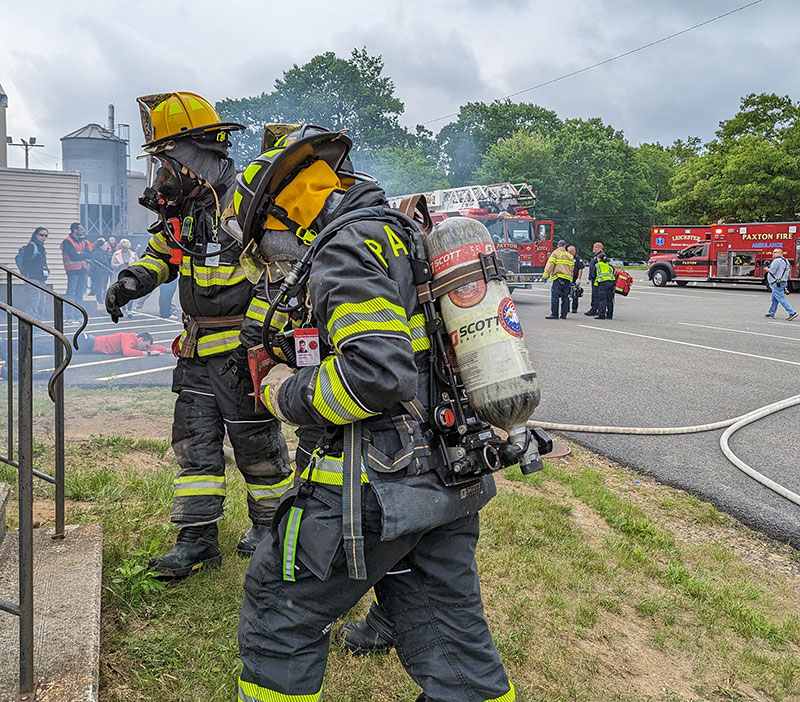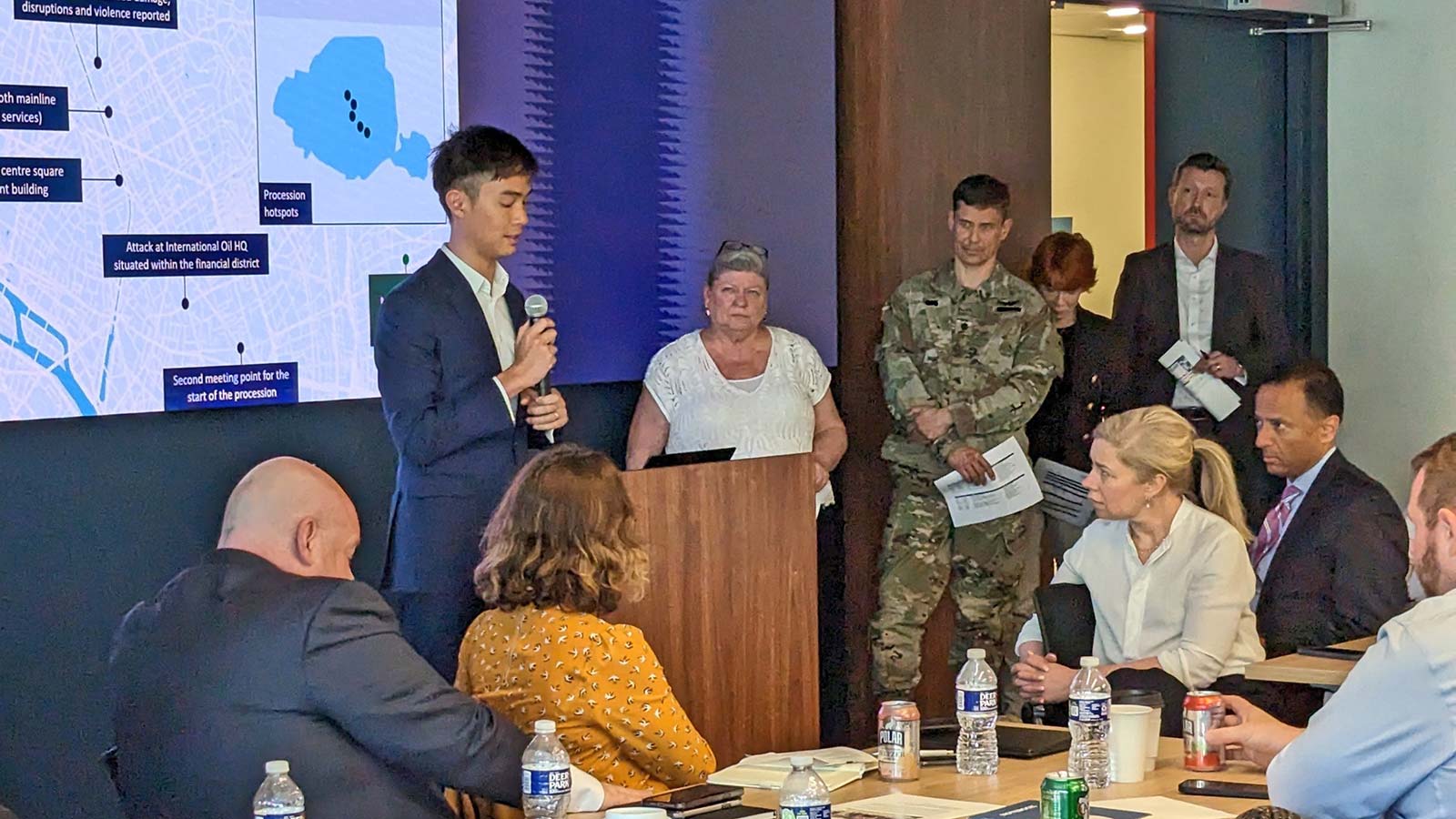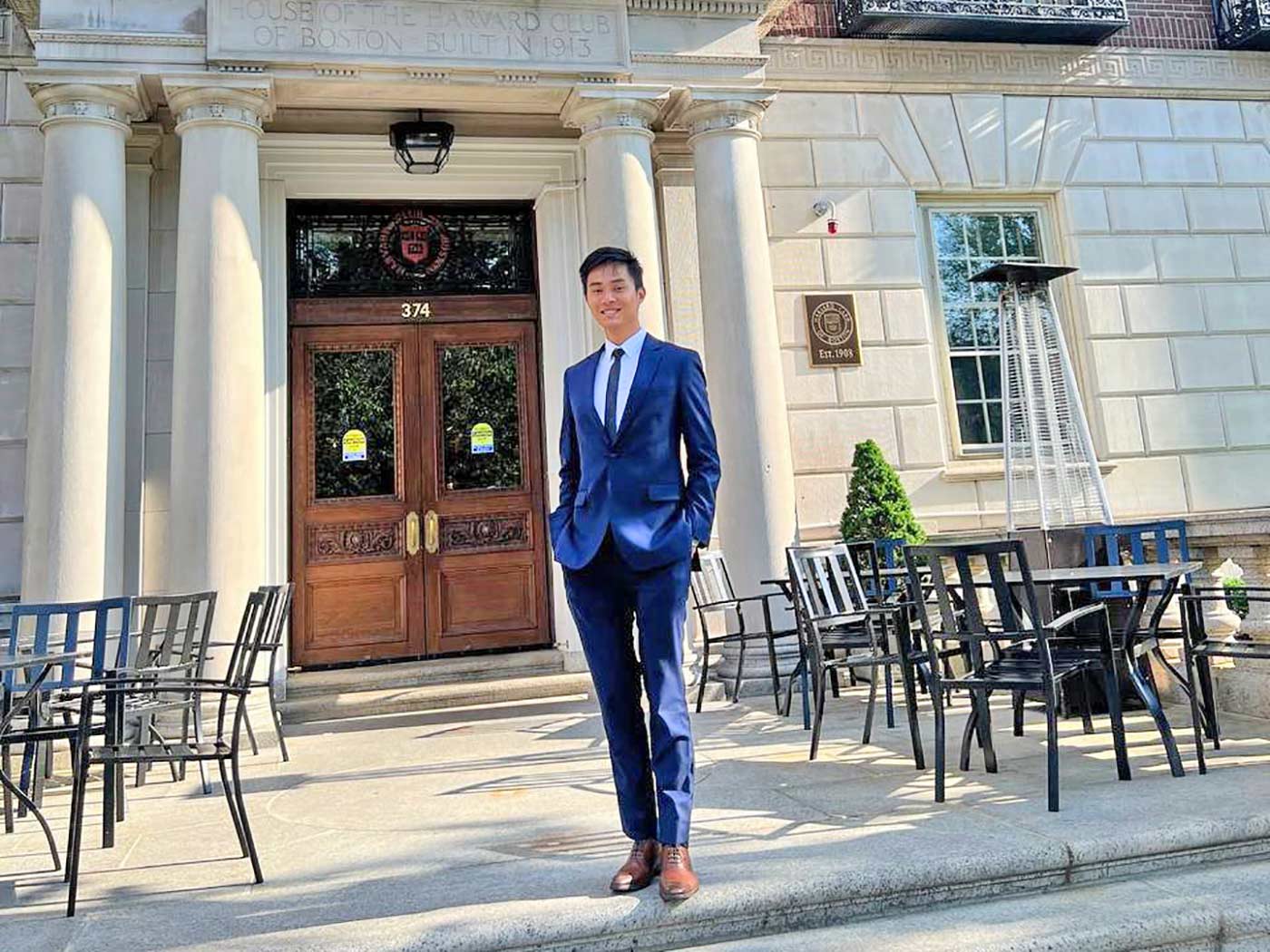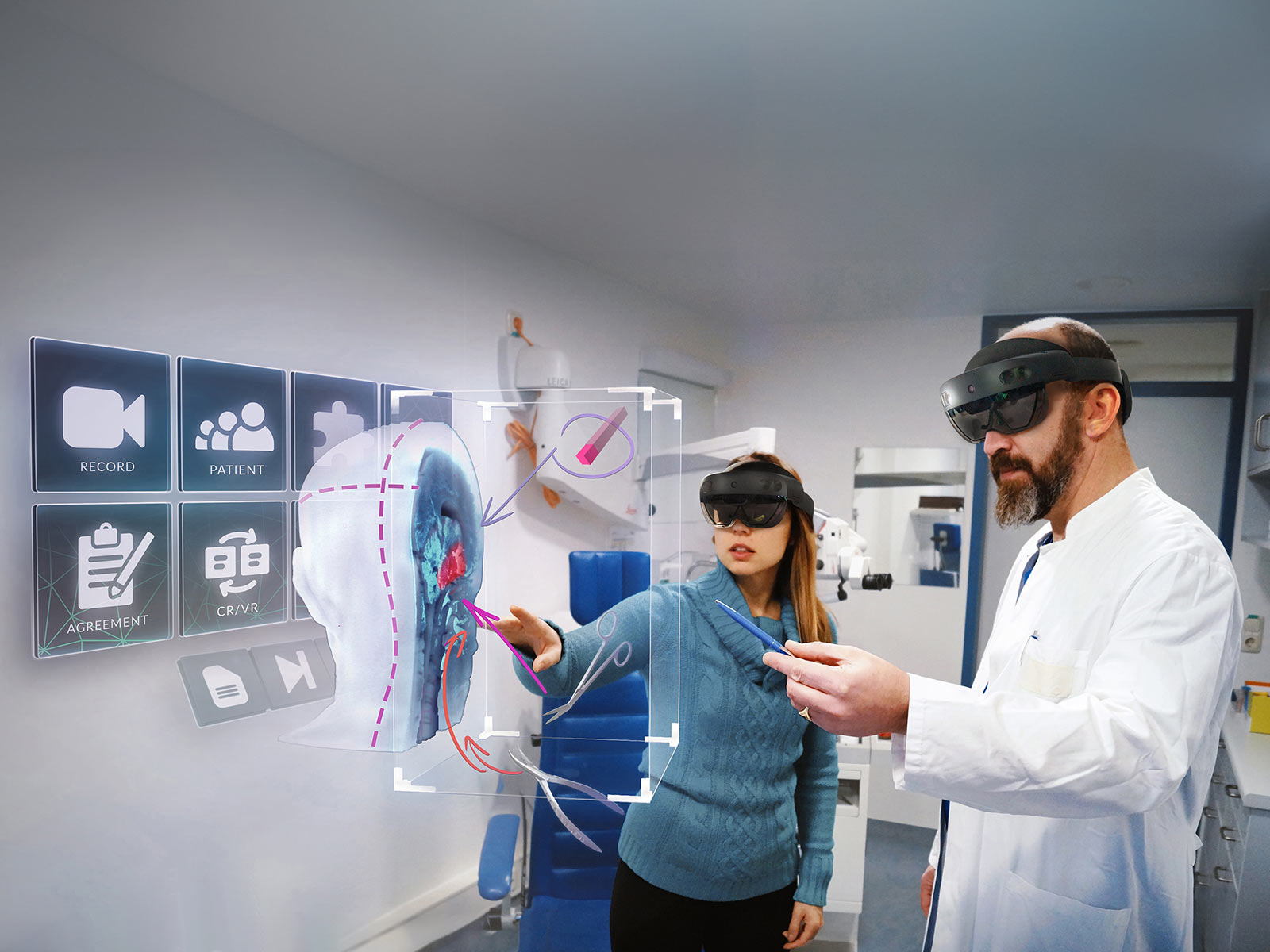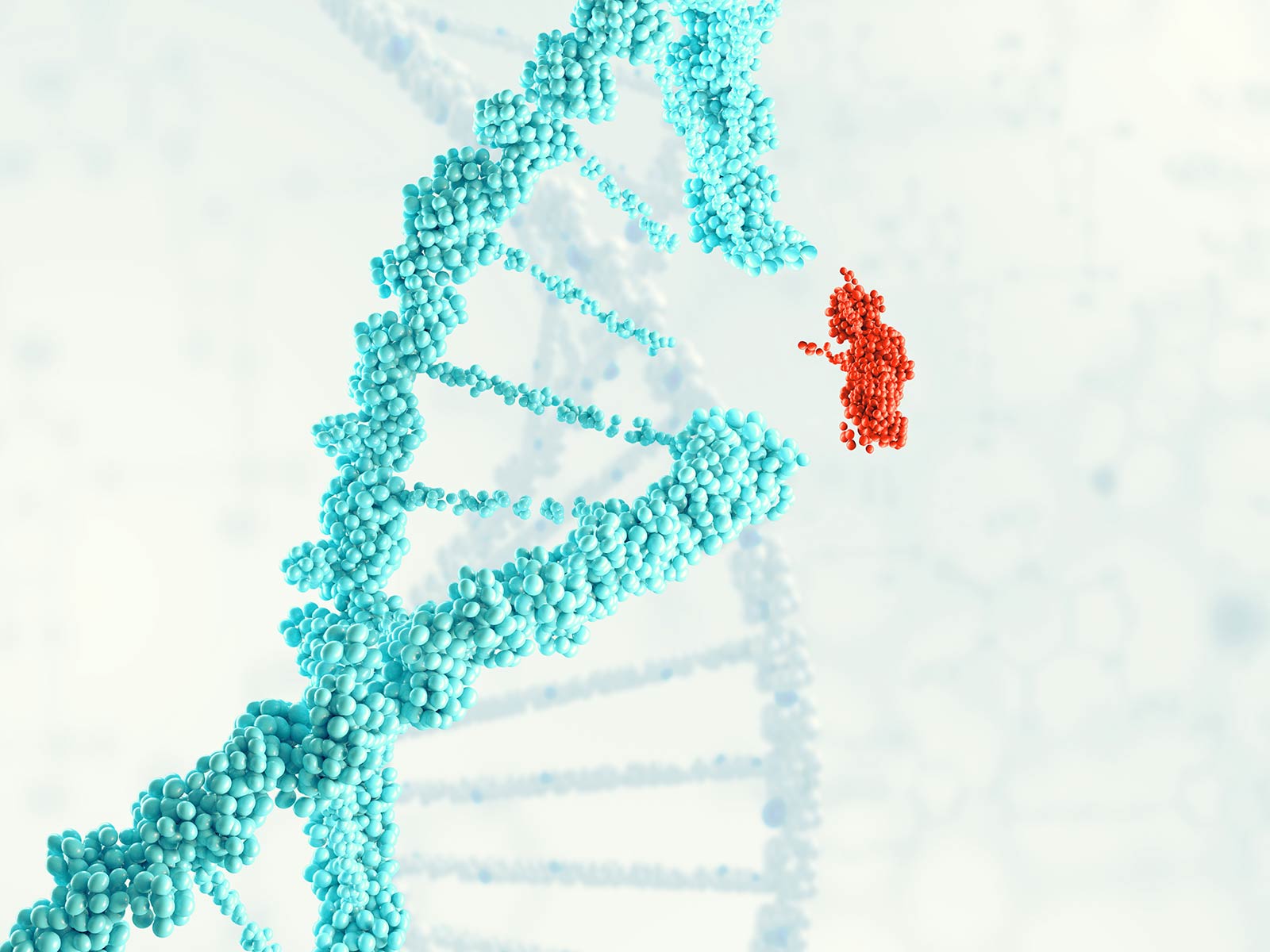Pre-deployment course: We set up camp in the mountains an hour away from the city, built fires, ate rations, simulated hostile scenarios, and practised some medicine.
What’s the relevance for Singapore?
It’s true and fortunate that our society has been spared from disasters. However, our flourishing petrochemical, aviation, port, and other industries, supported by critical infrastructure that inevitably ages, are potential sites and origins of tragic stories.
Did you know, our Ministry of Home Affairs also considers terrorism threat to us to be high? Apart from conventional armed assaults, healthcare cyberattacks are an increasingly common and even more deadly threat.
Massachusetts state-wide full-scale exercise: More than 200 pre-hospital providers, including two helicopters, responded to a radiation dispersal device.
What’s a Fellowship?
A period of subspecialty training. While it is common for medical students to know about the specialty options post-medical school, subspecialities are usually esoteric and become relevant only after practising as a specialist.
You might choose to specialise in Emergency Medicine after graduating, rotating through the emergency department, and liking shift work, resuscitation, and short-contact-point practice. You’ll look for a subspecialisation only after practising as an Emergency Physician and finding a niche beyond conventional Emergency Medicine.
Does everyone go overseas for Fellowship?
Not necessarily. If the subspecialty you’re choosing is based on locally rare presentations (toxicology) or situations (disasters), and it is still locally important, an overseas training ground becomes an important option.
What was your experience like? What cool things did you see over there?
Medicine in Boston has more similarities than differences from Singapore. There are even a good number of things we take for granted that they can learn from. That aside, the world’s a big place, and my year was too short to exhaust all the eye-opening things that exist out there.
Counter Terrorism Preparedness Network high-level conference: International experts on counter terrorism gathered in Washington D.C. for this two-day conference.
Several factors make Boston a mecca for Disaster Medicine. Its wealth provides resources, peace provides opportunity, and the scar of the 2013 Marathon bombing is impetus for authorities, healthcare providers, and the community to invest in disaster preparedness. For example, the 2023 Boston Marathon race organisers spared no effort to plan for the sporting event and mass gathering, and to prepare for disasters. We were invited to review and implement trauma stabilisation points that were worked into the plans of the hallowed Boston Marathon.
In a similar vein, public agencies like Fire, hazardous materials (HAZMAT), Police, and Emergency Medical Services of Central Massachusetts participated in a full-scale exercise of epic proportions that we planned. All 200 personnel, countless apparatus and equipment showed up to respond to an explosion that the fellowship simulated with 100 live casualties. Behind the scenes were months of planning, scientific review, meetings, and storyboarding to ensure the drill was rigorous and realistic.
We weren’t always in the driver’s seat. We had our fair share of riding along on adventures. The Fellowship’s flagship event is its pre-deployment course, three days of hands-on learning to operate in austere, and foreign environments. Humanitarian Medicine and missions span many levels, and one might be lulled by short, relatively peaceful, and comfortable trips to think that a willing heart is the only requirement. On the contrary, some humanitarian efforts can be the most gruelling and dangerous endeavours one must be properly trained for.
Graduating as Research Fellow of Harvard Medical School; some reverence is due given the prestige that the University built.
My deep-dive into Disaster Medicine opened a community of practice that collectively pushes boundaries. I was a beneficiary of this international Disaster Medicine community, having been invited to participate in workshops and conferences, and to collaborate on research projects. In return, I had the opportunity to give back and strengthen the field by speaking at international conferences, developing think-tanks, and leading international teams in research and product development. Relevant to medical students, the World Association of Disaster and Emergency Medicine (WADEM) is one of the largest, if not the largest, societies of Disaster Medicine and has a Student and Young Professional Special Interest Group you can join!
I lived a whole life in parallel with my work, making new friends, exploring (many) new places, and experiencing the seasons. Who knew Emergency Physicians from various countries would tell different versions of the same emergency department horror stories! I would not hesitate to say that my year in Boston may be the best I have experienced. Special thanks to NUS Yong Loo Lin School of Medicine-NUHS-Harvard-BIDMC Programme for the joint sponsorship.
